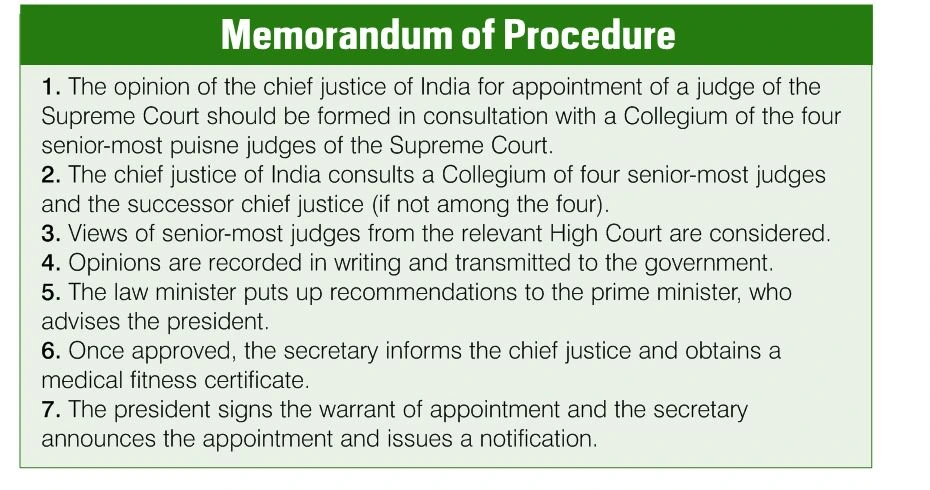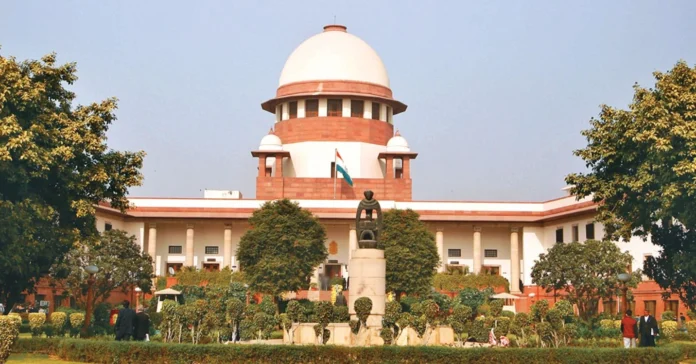By Sanjay Raman Sinha
The Supreme Court, under growing scrutiny following the cash scandal involving Justice Yashwant Varma and Vice President Jagdeep Dhankhar’s warnings about judicial integrity, has moved decisively to restore its credibility. Chief Justice of India (CJI) BR Gavai acknowledged that corruption erodes public trust and emphasized that the Court’s legitimacy depends on decisive corrective action .
A major reform in selecting High Court judges has begun. The Collegium—led by CJI Gavai and Justices Surya Kant and Vikram Nath—now conducts 30 minute face-to-face interviews with each candidate to evaluate legal thinking, temperament, and ethics, supplementing traditional vetting methods. This builds upon earlier measures introduced by former CJI Sanjiv Khanna.

With 371 vacancies across 25 High Courts to fill, over 50 such interviews have been completed in just two days, signalling a clear shift from paper-based to candidate-based evaluation. The reform aims to select candidates not just on credentials, but on character and probity.
The appointment overhaul is propelled by the judiciary’s internal probe into Justice Varma’s conduct. A Supreme Court committee found strong evidence of misconduct regarding the cash uncovered at his official residence and recommended initiating impeachment proceedings. These revelations, coupled with Dhankhar’s call for accountability, have intensified calls for accountability.
Additionally, all Supreme Court judges now publicly disclose their assets. However, compliance at the High Court level remains low, with only around 12 to 13 percent having done so—demonstrating that transparency remains a work in progress.
Tensions persist between the judiciary and the executive over the Memorandum of Procedure. Prolonged delays and government objections have caused notable nominees to withdraw, and the rate of appointment approvals has dropped to below 50 percent, down from nearly 90 percent in earlier years.
This comprehensive reform marks a pivotal moment: the judiciary is striving to balance its independence with accountability, aiming to rebuild public confidence and uphold its constitutional mandate.


